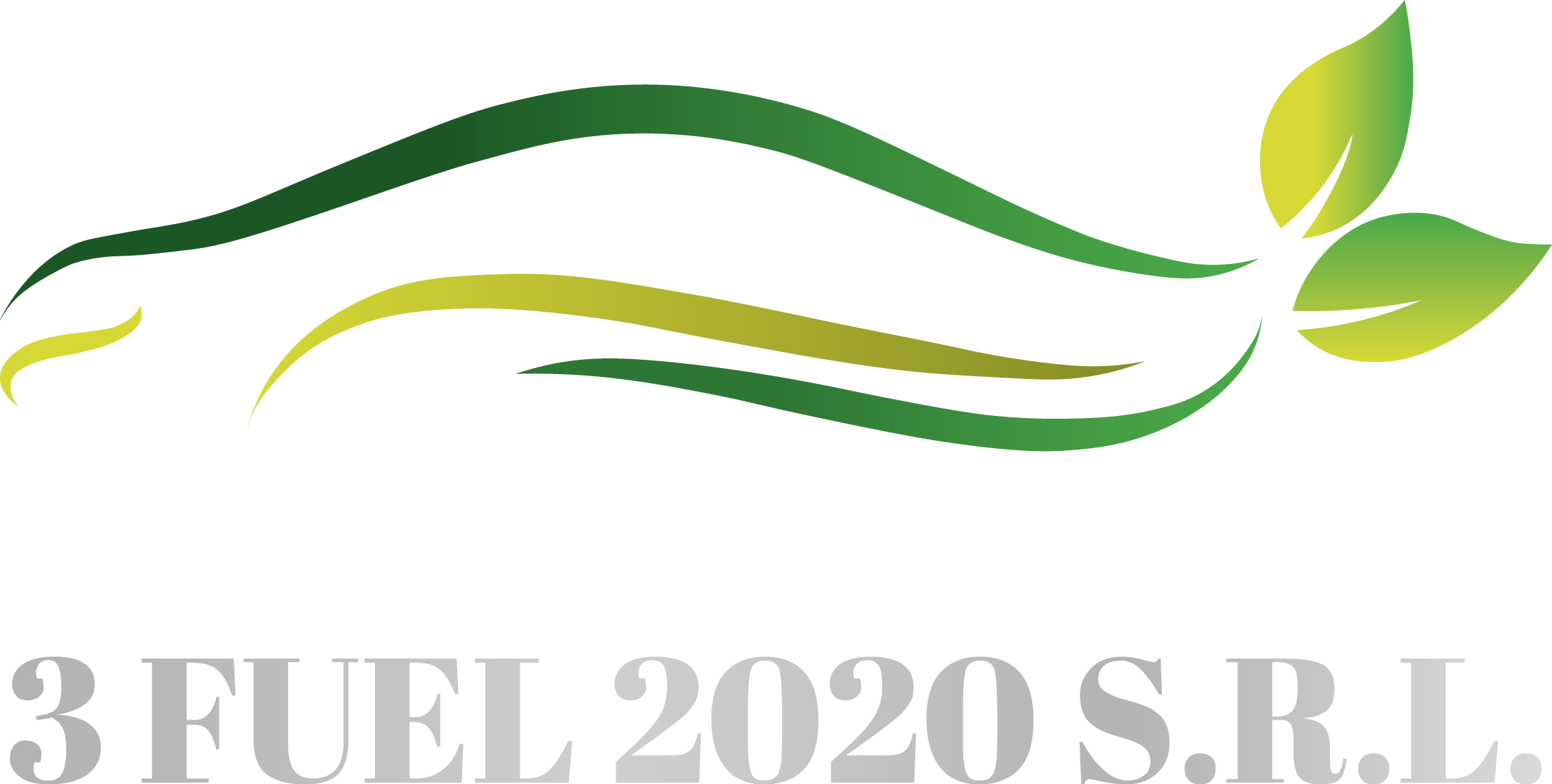Used Cooking Oil (UCO)

Used Cooking Oil (UCO)

Used Cooking Oil (UCO) are oils and fats that have been used for cooking or frying in the food processing industry, restaurants, fast foods and at consumer level, in households.
The European Waste Catalogue (EWC) classifies them as Municipal Wastes (household waste and similar commercial, industrial and institutional wastes) including separately collected fractions, under the code 20 01 25 (edible oils and fats). UCO obtained from waste water treatment plants is also considered non‐hazardous materials with a different code: 19 08 09 (grease and oil mixture from oil/water separation containing edible oil and fats). Around 90% of cooking oils and fat used in the EU are produced from vegetable oils
- REGULATION (EC) No 1013/2006 OF THE EUROPEAN PARLIAMENT AND OF THE COUNCIL of 14 June 2006 on shipments of waste.
UCO, today considered the most important feedstock used to produce a double counting biodiesel, reducing total waste. UCO contains impurities, such as Free Fatty Acid (FFA) and water, which have to be removed before the transesterification process. The acid and saponification values determin both the quality and the price of UCO.
Existing processing technologies and practices
Biodiesel consists of long‐chain fatty acid methyl esters (FAMEs) derived from triglycerides trough:
- Classic transesterification process, Homogeneous ‐ catalyzed transesterification
- Heterogeneous – catalyzed transesterification
- Enzymatic, Enzyme ‐ catalyzed transesterification
- Supercritical methanol, Non – catalyzed transesterification.
Transesterification with methanol is the most common method. UCO requires more severe transesterification conditions than new oils due to its high FFA content.
Homogeneous basic catalysts are the most widely used in industry as they accelerate the process and achieve milder reaction conditions. The reaction can be carried out either discontinuously (batch) or continuously.
After the reaction, the glycerol is separated by settling or centrifuging. The biodiesel phase is then purified before being used as diesel fuel in compliance with the EN14214 Standard and other national quality standards and technical norms.
